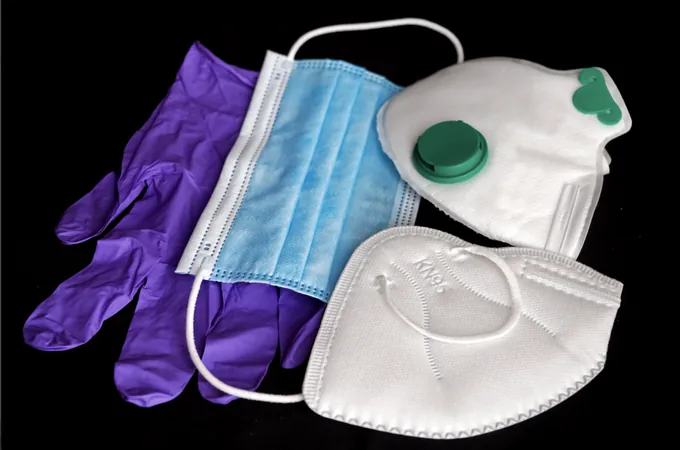
Revolutionary Steam Cracking Technology Set to Transform Medical Waste Recycling!
2024-10-01
Introduction
In a groundbreaking development, researchers from Chalmers University of Technology in Gothenburg, Sweden, have unveiled a promising method for recycling mixed medical waste. The complexity of medical waste—often composed of single-use items like facemasks, syringes, nitrile gloves, and non-woven gowns—has long hindered recycling efforts due to contamination with potentially infectious materials. However, this new thermochemical recycling technique could change the game and pave the way for more sustainable practices in the healthcare sector.
Study Overview
The Chalmers team’s latest study, published in the journal Resources, Conservation and Recycling, demonstrates the effectiveness of a steam-cracking process, which can break down mixed medical waste into its fundamental chemical components. The process yields a variety of valuable substances, including light olefins, ethane, and BTX compounds (benzene, toluene, and xylenes), which can be used as feed materials in the petrochemical industry to produce new plastics.
Methodology
Utilizing a specially designed bubbling fluidized-bed reactor, researchers heated the waste materials to temperatures between 700°C and 800°C, initiating reactions akin to those used in the steam cracking of naphtha. This innovative approach not only breaks down the waste into smaller molecules but also effectively neutralizes microorganisms, addressing health and safety concerns associated with contaminated materials.
Results
In practical tests, the researchers simulated conditions typically found in hospitals, processing waste composed of ten different plastic types alongside cellulose. The results were impressive: at 700°C, the carbon recovery was approximately 79% for face masks, 82% for plastic syringes, 38% for nitrile gloves, and an impressive 76% for non-woven gowns. This high level of recovery showcases the potential to convert waste back into useful raw materials, significantly reducing dependence on fossil resources in the chemical industry.
Future Developments
The Chalmers team is now advancing this remarkable recycling technology by developing an industrial-scale fluidized-bed steam cracker capable of processing up to 100 kg of medical waste per hour. This innovative collaboration with industrial partners aims to address the pressing issue of medical waste management while promoting sustainability within the healthcare sector.
Conclusion
As the world grapples with the environmental impact of plastic waste, especially in the wake of increased medical waste from the COVID-19 pandemic, this pioneering research positions itself at the forefront of a potential revolution in recycling. If successful, this technology could not only alleviate the problem of contaminated medical waste but also contribute significantly to the circular economy—turning waste into valuable resources and reducing the industry's carbon footprint.
Call to Action
Stay tuned as we follow Chalmers University's progress in making this revolutionary technology a reality, and what it could mean for the future of medical waste management!




 Brasil (PT)
Brasil (PT)
 Canada (EN)
Canada (EN)
 Chile (ES)
Chile (ES)
 España (ES)
España (ES)
 France (FR)
France (FR)
 Hong Kong (EN)
Hong Kong (EN)
 Italia (IT)
Italia (IT)
 日本 (JA)
日本 (JA)
 Magyarország (HU)
Magyarország (HU)
 Norge (NO)
Norge (NO)
 Polska (PL)
Polska (PL)
 Schweiz (DE)
Schweiz (DE)
 Singapore (EN)
Singapore (EN)
 Sverige (SV)
Sverige (SV)
 Suomi (FI)
Suomi (FI)
 Türkiye (TR)
Türkiye (TR)